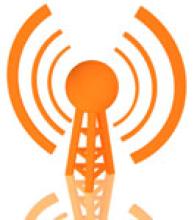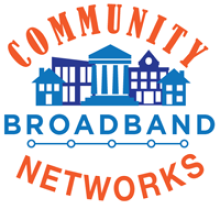Unions and DSL Customers: Verizon Knocks Out Two Birds With One Stone
If you are a current or potential Verizon customer, by now you know that you no longer have the option to order stand alone DSL. When the business decision became public knowledge in April, DSL Reports.com looked into the apparent step backward and found existing customers were grandfathered in but:
However, if you disconnect and reconnect, or move to a new address -- you'll have to add voice service. Users are also being told that if they make any changes to their existing DSL service (increase/decrease speed) they'll also be forced to add local phone service. One customer was actually told that he needed to call every six months just to ensure they didn't change his plan and auto-enroll him in voice service.
By alienating customers from DSL, Verizon can begin shifting more customers to its LTE service, which is more expensive. Susie Madrak, from Crooks and Liars, speculated on possible repercussions for rural America:
Rural areas could see the biggest impact from the shift, as Verizon pulls DSL and instead sells those users LTE services with at a high price point ($15 per gigabyte overages). Verizon then hopes to sell those users cap-gobbling video services via their upcoming Redbox streaming video joint venture. Expect there to be plenty of gaps where rural users suddenly lose landline and DSL connectivity but can't get LTE. With Verizon and AT&T having killed off regulatory oversight in most states -- you can expect nothing to be done about it, despite both companies having been given billions in subsidies over the years to get those users online.
The belief is that current DSL customers who don't want (or can't afford) the switch to the LTE service will move to Verizon's cable competition. Normally, losing customers to the competition is to be avoided, but when your new marketing partners ARE the competition, it's no big deal.







 As you read this, remember that the FCC's National Broadband Plan largely places the future of Internet access in the hands of these corporations.
As you read this, remember that the FCC's National Broadband Plan largely places the future of Internet access in the hands of these corporations.
 As long as we are talking about Verizon shedding its rural investments, let's take a look at how Frontier is doing since it inherited thousands upon thousands of FiOS customers as part of its recent deal with Verizon.
As long as we are talking about Verizon shedding its rural investments, let's take a look at how Frontier is doing since it inherited thousands upon thousands of FiOS customers as part of its recent deal with Verizon.